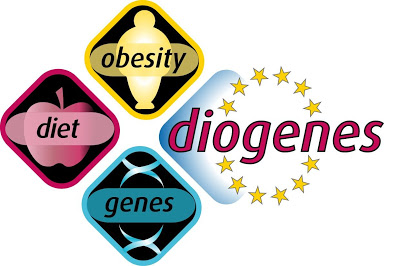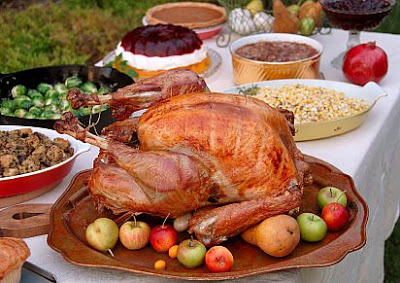There are zillions of ads, blogs, and testimonials of herbal remedies out there, that promise to help shed pounds.
So what is the truth of the matter? Are there any herbal remedies that work to help with weight loss?
This question has been recently addressed with two systematic reviews and meta analyses looking at the existing data. The authors split their search of randomized clinical trials into two groups: studies investigating extracts of whole plants (termed ‘herbal medicines’), and studies investigating products containing single or combinations of naturally occurring compounds isolated from plant or animal products.
In the analysis of studies of whole plants/herbal medicines, the authors identified 54 trials, including trials of Garcinia cambogia, green tea, white kidney bean, ephedra, African mango, yerba mate, veld grape, licorice root, mangosteen, and East India globe thistle. They found that for most of these, clinically significant differences in weight loss were NOT found vs placebo (defined as a weight loss of 5.5lb (2.5kg) or more). They did find a little data for a few of these showing weight loss of 2.5kg or more, but these studies were less than 3 months in duration, and as we know, weight management studies need to be of longer duration to evaluate long term efficacy. Safety data was sparse, which is worrisome, as adverse side effects have been reported for many herbal remedies (read, for example, dangers of green tea extract here). The authors advised cautious interpretation due to small number of studies, generally poor methodologic quality of the studies, and poor reporting of the herbal medicine interventions. They concluded that there is currently insufficient evidence to recommend any of the herbal medicines for weight loss – and I wholeheartedly agree.
In the analysis of studies of isolated organic compounds for weight loss, the authors identifed 67 studies, including chitosan, glucomannan, conjugated linoleic acid, and fructans. None of these met the criteria for clinically significant weight loss (2.5kg or more). There were a small number of trials for modified cellulose, manno-oligosaccahradies, and blood orange juice extract, inadequate for meta analysis, showing borderline clinically significant weight loss. They conclude that while some dietary supplements containing isolated organic compounds warrant further investigation on efficacy and safety, there is currently insufficient evidence to recommend any of these dietary supplements for weight loss – again, they have my wholehearted agreement.
These conclusions fall fully in line with the 2020 Canadian Obesity Guidelines chapter that covers this topic. The recommendation from this chapter is clear:
We do not recommend the use of over-the-counter commercial weight loss products for obesity management, owing to lack of evidence.
Share this blog post using your favorite social media link below!
Follow me on twitter! @drsuepedersen
www.drsue.ca © 2021












